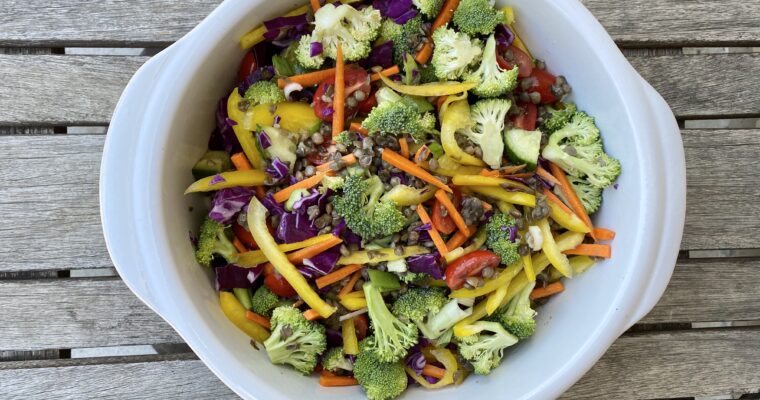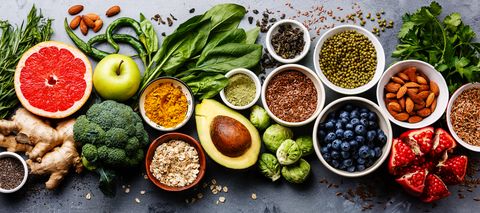The earth is covered in plants that provide living creatures with food to keep us healthy and medicine for when we are sick. It makes sense that plants are an essential part of any healthy way of eating. Even in the harshest conditions, plant life, in some form, has been a part of traditional diets. By shifting plant foods to the core of your diet, you are making great strides for your health whether or not you choose to go entirely plant-based. Instead of getting caught up in labels, focus on including more plant-based foods in your diet.
Here are several great benefits of a diet relying mostly on plant foods:
1| Body Mass Index (BMI): Individuals following a plant-based diet that includes a variety of vegetables, fruits, whole grains, nuts, and seeds are more likely to have a healthy BMI and less likely to be overweight.
2| Risk of Chronic Disease: Plant-based diets reduce the risk for many chronic diseases, including heart disease, cancer, and diabetes. In fact, those who follow plant-based diets are more likely to have improved insulin sensitivity and lower cholesterol levels.
3| Toxic Load: Meat, dairy, and farm-raised fish may contain hormones, steroids, and other toxic residue from their feed and processing. Although a better choice, wild fish can still be contaminated with heavy metals, like mercury, and polychlorinated biphenyls (PCBs), which may disrupt our hormones. Consuming organic produce and reducing consumption of animal foods can help limit exposure to these toxins.
4| Money: Individuals who follow a plant-based diet may save about $750 per year on grocery costs. Whole grains, beans, and in-season produce are economical and incredibly nourishing.
5| Animal Welfare: To meet the demand for animal foods, animals are often raised under poor conditions and crowded together in confined animal feeding operations (CAFOs). Supporting humane farms – or not purchasing meat at all – is a way to place your vote against animal cruelty.
6| The Planet: The demand for animal products is a major cause of deforestation as land is cleared to make room for animals. In fact, nearly 30% of the earth’s land area is used to raise livestock.5 Farm animals are also a major contributor of greenhouse gases, which are linked to global warming.
7| Resources: Plant-based foods require less energy, space, and water than animal foods and are less taxing on our resources. Producing one kilogram of animal protein uses 100 times more water than the same amount of protein from grains.
8| Longevity: Plant foods are high in antioxidant compounds like vitamin C, selenium, and vitamin E. These compounds assist in reducing oxidative stress in the body, which decreases disease risk and supports healthful aging.7 Some of the world’s longest-living people live in the Mediterranean and Asia. Both areas have traditional diets focused on plant-based diets.
Even if you don’t want to adopt an entirely plant-based diet, try what I like to call a “plant-rich” diet and get those veggies in!









